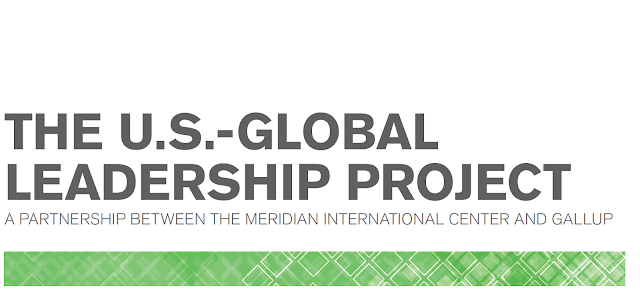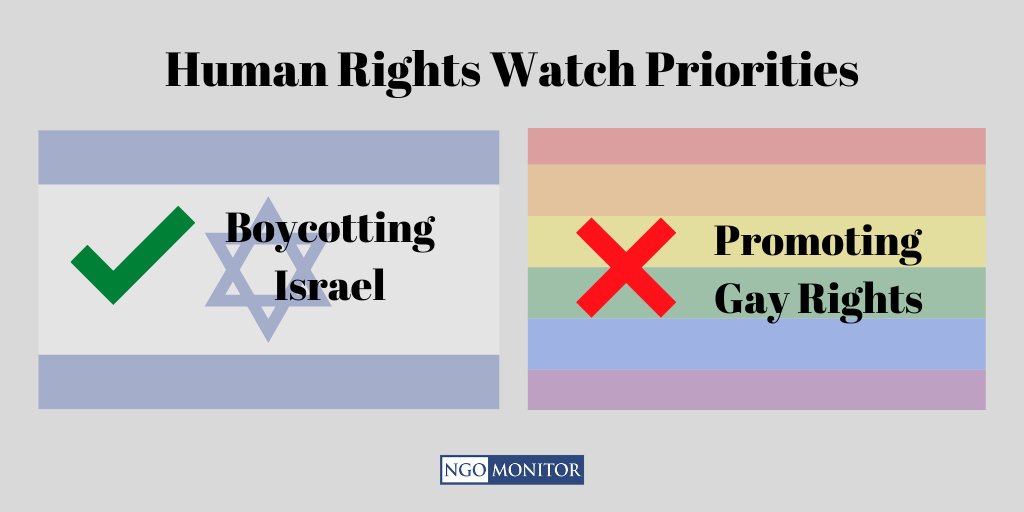Ha'aretz: Why Abbas Rejects Trump's Deal (And Any Other Deal With Israel)
Years passed, and, responding to Trump’s plan at a January 28, 2020 press conference in Ramallah, Abbas exposed the deeper layer of the PLO’s beliefs, saying: “Dear brothers, I consider this deal as the culmination of the Balfour declaration… The ‘Deal of the Century’ is based on the Balfour Declaration, which was created by America and Britain. Some may find this strange. America? Yes, America! And Britain. It was America that formulated [the Balfour Declaration], in agreement with Britain, and it was America that incorporated it into the Covenant of the League of Nations… America founded the Balfour Declaration, and it has now begun to implement it.”How Bad Is Antisemitism In Europe? Surveys Suggest It’s Rampant
Indeed, according to Article 20 of the 1964 Palestinian Covenant, “The Balfour Declaration, the Mandate for Palestine, and everything that has been based upon them, are deemed null and void.” And so, even 22 years after the ceremony in which the covenant was “abolished,” the PLO continues to consider the Balfour Declaration a source of continuous injustice that has been done to the Palestinians. It is in this spirit that in his article marking the centenary of the declaration titled “The Burden of Lord Balfour” (The Cairo Reviews of Global Affairs, November 17, 2017) Abbas wrote: “Lord Arthur Balfour was a British foreign secretary who decided to change the identity and fate of Palestine, a land that he did not own, by promising it to the Zionist movement, and dramatically altering the history of the Palestinian people... The Balfour Declaration of 1917 symbolizes the international role in the Palestinian catastrophe and exodus, the Nakba of 1948.”
In that article Abbas also proposed a solution to the refugee issue: “We also reiterate that, in order to end claims with Israel, there must be a just solution for the seven million Palestinian refugees based on the choice of every refugee,” i.e., his choice between returning to his family’s original home in Israel and accepting financial compensation.
The meaning of this permanent demand is that the PLO is not authorized to represent the will of each individual refugee, and hence the PLO is unable to agree with the Israeli government on any quota of refugees that would be allowed to settle in Israel. Hence, the PLO is unable to include in any agreement the vital component of “mutual end of claims.” This barrier is in addition to the PLO’s ongoing claim to the entire territory of Israel, a demand on which organization still educate its youth.
The new American “Peace to Prosperity” plan implicitly anticipates that, within the next four years, the PLO leadership will return to the negotiation table. In order to avoid future mistakes, we must abandon the erroneous theory that “the PLO is the solution.” We must not close our eyes to the simple fact that, for the PLO, the core issue is the hundred-year-old “injustice” embedded in the very existence of Jewish sovereignty in any part of Palestine. This gap cannot be bridged, and no plan that any Israeli government can accept can also satisfy the PLO. Therefore, a peace treaty with the PLO cannot and will not be signed.
Ze’ev B. Begin is a researcher in MEMRI, The Middle East Media Research Institute.
Pew Research nodded toward this issue last year, while studying European attitudes 30 years after the Berlin Wall’s fall. Jews were not the poll’s focus, but it’s striking that Jews were rated favorably by their fellow countrymen in “the Netherlands (92%), Sweden (92%), the UK (90%) and France (89%).”Anti-Zionist Propaganda, Conspiracy Theories Fueling Rise of Antisemitism in Italy, New Report Shows
Seventy-four years after the Holocaust’s end, Pew also learned that only 12 percent of Germans in former East Germany and 5 percent in former West Germany viewed Jews unfavorably. Eighty-six percent of Germans told Pew they had favorable opinions of Jews in 2019, compared to 53 percent in 1991.
Unfortunately, other surveys don’t echo these upbeat numbers. Asked about this, a Pew Research spokesman, who pointed to some questions posed by Pew’s “international religion survey team” in 2017, emailed, “Neither survey set out to measure antisemitism. In fact, we are very careful NOT to make any claims that our questions are actually measuring antisemitism.”
So, stipulating that Pew’s surveys do not expressly study antisemitism, lack the qualitative data Pew’s spokesman considers necessary, and include few questions, let’s look at the 2017 data, because Pew remains a reputable source. That year, surveyors asked Europeans in 15 countries whether they would accept a Jew as family or a neighbor, whether Jews “pursue their own interests” rather than their home country’s, and whether Jews “overstate how much they have suffered.”
I’d submit that the number of Europeans opposed to Jewish relatives is irrelevant here. While it reflects a form of prejudice and is upsetting to any people involved, it doesn’t threaten Jews’ ability to live freely or safely.
By contrast, not wanting Jewish neighbors is housing discrimination and affects every Jewish citizen. So when 12 percent of Italians, along with 10 percent of Irish and Portuguese respondents say they wouldn’t “be willing to accept Jews as” neighbors, that matters.
When 36 percent of Portuguese respondents, along with 32 percent of Spaniards, 31 percent of Italians, and 28 percent of Belgians agree that “Jews always pursue their own interests and not the interest of the country they live in,” that’s concerning.
And when 36 percent of Italians, 33 percent of Portuguese, 30 percent of Spanish, and 28 percent of Belgian respondents tell Pew pollsters they agree that “Jews always overstate how much they have suffered,” that’s a red flag. Neighbors who believe you’re exaggerating about historical suffering are unlikely to empathize over your contemporary concerns.
Anti-Jewish incidents in Italy climbed sharply in 2019, the latest report from the country’s main antisemitism monitor revealed on Friday.
Data gathered by the Milan-based “Osservatorio Antisemitismo” (Antisemitism Observatory) showed that there were 251 incidents of hatred targeting Jews last year, compared with 197 such incidents in 2018.
About 30,000 Jews live in Italy, concentrated in a handful of major cities.
The majority of the 2019 incidents — 173 — involved antisemitic posts online that were reported to the Observatory. In other categories, there were 31 incidents of verbal abuse, 23 instances of antisemitic graffiti and two violent assaults, one involving a woman in Rome who was slapped and spat upon by her assailant, and the other a man in the northern town of Prunetto who was punched and insulted with anti-Jewish epithets.
Stefano Gatti — the editor of the Observatory’s report — told the Italian Jewish news outlet Bet Magazine Mosaico that part of the reason for the increase was a greater willingness among victims to report attacks.
Equally, Gatti emphasized that the available data was likely an “underestimate” of the scale of the problem, “because they only include explicit complaints and not cases that are unknown or unreported.”
Asked to explain the broader context around the rise of antisemitism in Italy, Gatti pointed to the visibility of anti-Zionist propaganda demonizing the State of Israel and the related popularity of conspiracy theories centered upon Jews.
Two of the incidents recorded by the Observatory in 2019 — the cancellation of a concert in Sardinia by the Israeli musician Eyal Lerner and a public campaign for the boycott of Israeli goods — were characterized as antisemitism promoted by Italian supporters of the effort to subject the Jewish state to boycotts, divestment and sanctions.
“In the pro-Palestinian rhetoric, the themes, myths and symbols of anti-Judaism re-emerge,” Gatti commented. “Deicide, the blood libel, exclusivism, hatred for the rest of humanity: Anti-Zionist propaganda is hybridized with anti-Jewish myths.”







































.jpg)




